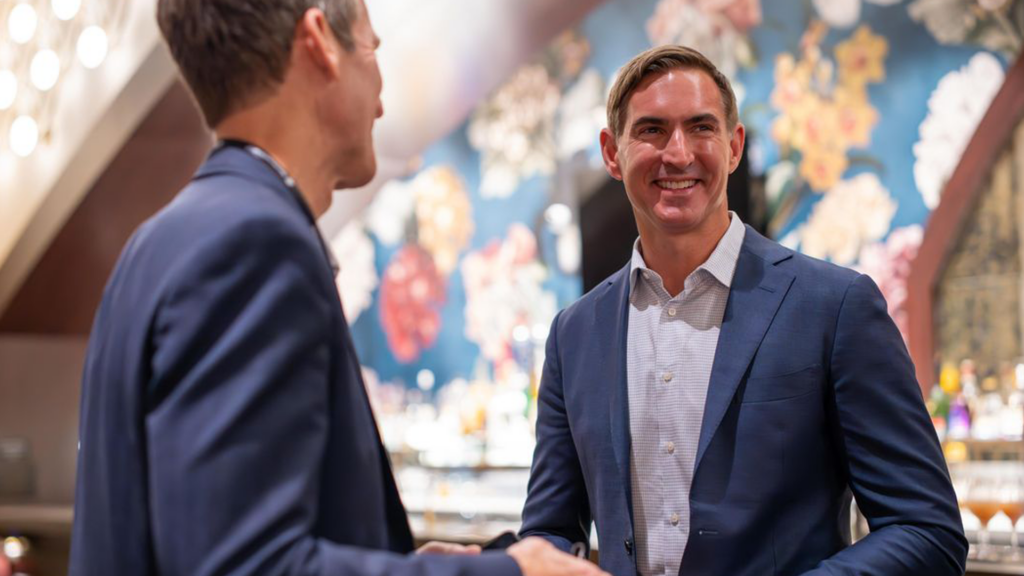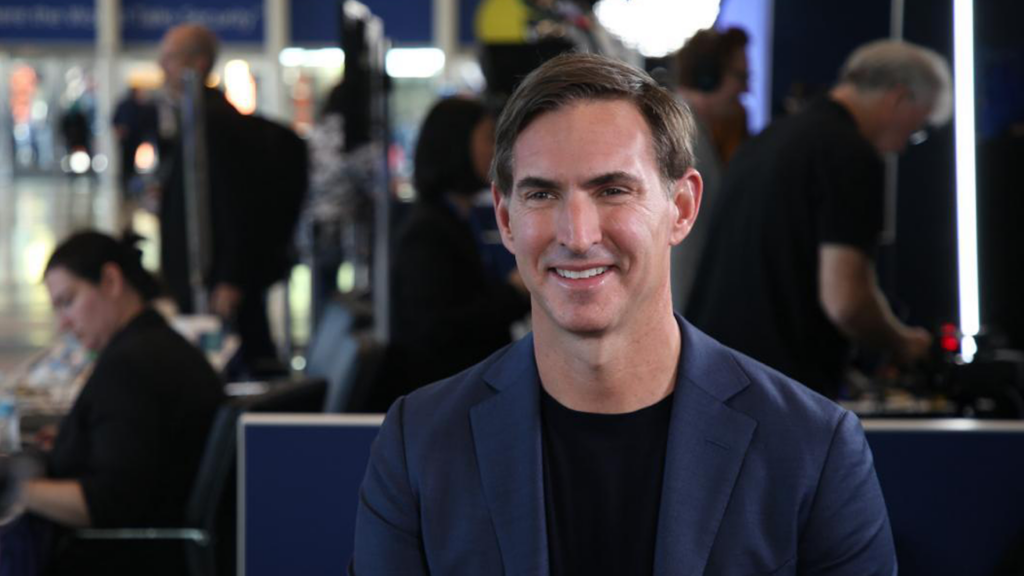This year’s Women’s History Month theme, Women Who Advocate for Equity, Diversity and Inclusion, strongly resonates with me as a woman with over 25 years of experience in unity and engagement strategies and communications. I am also the VP of Organizational Engagement and Internal Communications at Dataminr.
Throughout my years, I’ve witnessed the power of allyship and advocacy in the workplace across a wide variety of organizations, geographies and industries. While progress has been made, we still have work to do. So, it seemed fortuitous that the theme of Women’s History Month be about both advocacy and equity.
I asked some of the members of our Women@Dataminr employee resource group (ERG) to explore how this has played out in their professional lives, the impact on their career growth and how they, allies and organizations can advocate for and advance women in the workplace.
Here’s what they had to say.
Who has or has not advocated for you and what impact did that have on your career?
When speaking to my colleagues, the power of advocacy in the workplace became very clear—and had affected each of their careers in profound ways.
Armineh Moghadasi, Lead Brand Designer at Dataminr, thanked the mentors, colleagues and supervisors who helped propel her growth by recommending her for crucial opportunities, providing guidance and creating a supportive environment. “Their actions opened doors and facilitated my career development.”
Alison Valentine, Account Manager at Dataminr, recalled when a sales manager at a previous job encouraged her to “own it,” allowing her to be seen as a thought leader—not only among her clients—but also within her company’s executive team. “At the time, it seemed like a lot of pressure, but his support helped me find a confidence and trust within myself that I hadn’t had before.”
Tika Mahajan, Software Engineer at Dataminr, found an important mentor and friend during her 2019 summer internship here at Dataminr, “She taught me not only how to be a great engineer, but how to be a great mentor to other women.” Her mentor advocated for her in meetings with their manager and senior engineers; taught Tika how to deal with failure and overcome gender bias in the workplace; and helped her prepare for key presentations.
The type of advocacy and support Jessie End, VP of Social Good and Nonprofit Partnerships at Dataminr, received was different than her colleagues, but no less powerful. “Dean Joyce Reed—a rare breed among university administrators—helped me understand that I didn’t have to follow the well-tread path. She encouraged me to take a leave of absence from college to freely pursue my interests, such as studying Spanish in Latin America.” Other ways included making space for Jessie on their team and helping her realize her leadership potential. “I am where I am today because of these people.”
Catie Spitcaufsky, Talent Acquisition Partner at Dataminr, believes people need to be their biggest advocate, but recognizes the value of having colleagues and leaders advocate for others. She’s grateful to have had both men and women help advance her career with concrete actions such as finding opportunities to publicly recognize her. “Having colleagues advocate on your behalf is validating and can make a huge difference in a person’s career growth.”
Have you ever advocated for someone at work?
Armineh kicked off the discussion by sharing her overall philosophy, “I believe advocating for others not only creates a more inclusive environment, but also strengthens relationships and fosters a culture of support and collaboration.”
She puts that into practice by continuously advocating for her colleagues, especially women, on a daily basis by recognizing them for their contributions in meetings, recommending them for career opportunities, and helping them address any biases and barriers.
Jessie challenges conventional expectations for what is required to succeed at work, such as appearance, personality and how one should behave. Tika shared how she passed on the lessons of her mentor to a junior female engineer. She helped her find the right opportunities to showcase her knowledge and hone her leadership skills.
And Catie always starts her weekly team meetings with a “kudos” session where everyone can give a shout-out to a team member. “I’ve realized how important it is to recognize things even if they feel small to you, because they won’t feel small to the team or the person you’re recognizing.”
I couldn’t be more impressed and proud of what my colleagues have done to advocate for women.
How can allies advocate for women in the workplace?
Allyship is critical in advocating for and helping women feel supported, valued and recognized at work. Here are some important and actionable recommendations that surfaced in our discussion—all of which help to overcome the gender gap in self-advocacy and the gender gap in perception of success.
Allies can and should:
- Educate themselves on the challenges and barriers women face in the workplace, such as postpartum, (peri)menopause, caregiving and gender-affirming care
- Speak up when they witness sexism, harassment or discrimination
- Check their biases—which are often unconscious—when making decisions
- Support inclusive policies, mentorship and sponsorship, and elevate women by sharing big and small wins, spotlighting skills and giving them “airtime” in meetings. It’s also important to ensure they get their due credit.
- Help women build networks across the organization, which can lead to greater, long-term career success
In what ways can organizations advance unity and inclusivity?
The group agreed that organizations have some heavy lifting to do when it comes to advancing unity and inclusivity in the workplace. To be successful, it has to be an enterprise-wide priority with a clear strategy that is tied to business outcomes. Below is non-exhaustive list actions that the group has seen work well at Dataminr and other organizations:
- Model inclusive behaviors, prioritize inclusivity and equity in decision making, and hold yourself and others accountable for creating an inclusive workplace culture—this is particularly important for leaders as they often set the tone
- Examine your talent acquisition processes, including ways to address bias in recruitment and promotion processes
- Offer training and education on bias mitigation and inclusive leadership to raise awareness
- Create a safe and welcoming space for open conversations, as well as opportunities for employees to connect, collaborate and celebrate diverse perspectives and experiences
- Speak up when colleagues are cut off or spoken over in meetings
- Embrace intersectionality. Study the issues impacting other groups, explore how they overlap with your own, and invite collaboration and conversation. Tip: Attend an event hosted by an ERG with which you do not identify.
“Businesses excel when we are encouraged to bring our unique perspectives, strengths and life experiences to the table,” said Jessie.
What is the Women@Dataminr ERG doing to celebrate this month?
Earlier this week, the Women@ Dataminr ERG held a virtual panel to discuss a theme that resonates with our ERG members: The Stories We Tell Ourselves and How to Start Telling Better Ones. The conversation addressed self-limiting beliefs and ways to cultivate self-empowerment.
As we move through the year, we’ll continue to facilitate opportunities to increase awareness of how #TeamDataminr can uplift and support women in and outside of the workplace.



